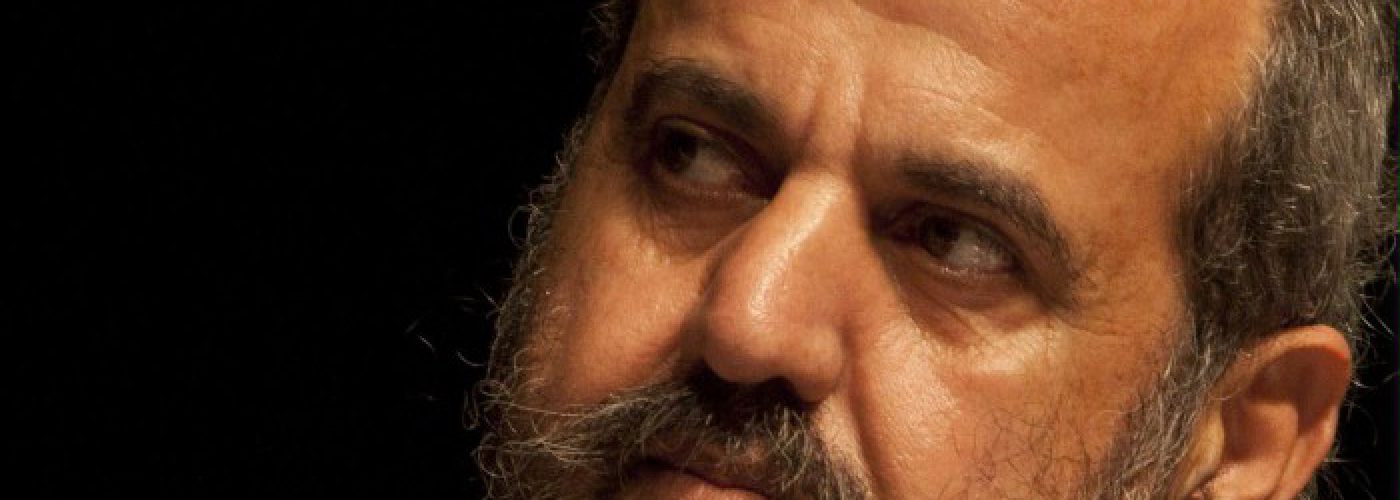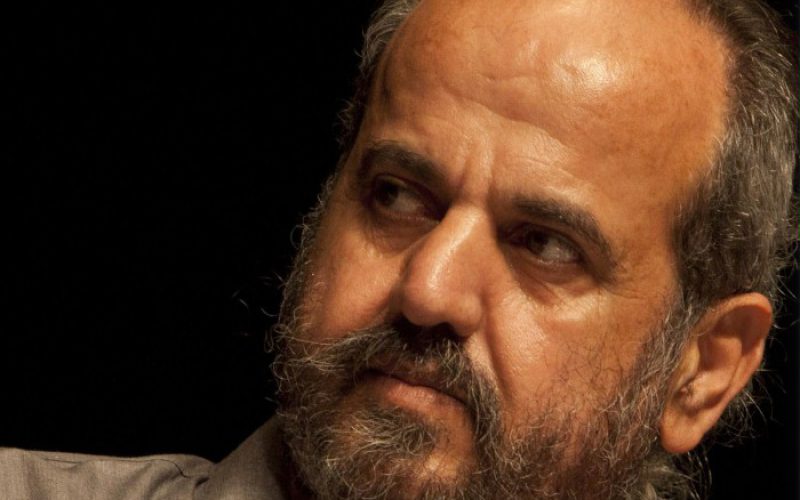Born in Lattakiya in 1954, Ossama Mohammed graduated from the Russian State Institute of Cinematography (VGIK) in 1979. There, he directed a short documentary, titled Khutwa Khutwa (Step by Step, 1978). He returned to Syria and directed a short documentary for the General Organization for Cinema titled Al-Yaom wa Kull Yaom (Today and Everyday, 1980).
He worked as assistant director to Mohammad Malas on Ahlam al-Madina (Dreams of the City, 1983) and directed his first fiction feature Nujum al-Nahar (Stars in Broad Daylight) in 1988. Deemed by many to be the most scathing critique of contemporary Syrian society trapped in the iron grip of the Baath regime, the film has never been allowed a public screening in Syria. The film was selected at the Cannes Film Festival’s “Quinzaine des Réalisateurs”, and earned the filmmaker great critical praise, including the Golden Olive at the Valencia Festival in the same year.
In 1992, he co-authored the script for al-Layl (The Night, 1992) with Mohammad Malas and co-directed with Omar Amiralay and Malas the documentaries Shadows and Light (1991) and Fateh Mudaris (1994). He was unable to make his second feature until 2002. Sunduq ad-Dunya (Sacrifices, 2002) was meant as an hommage to Andreï Tarkovsky’s The Sacrifice, the exiled Soviet master’s last film, and was selected for the Cannes Film Festival’s section “Un Certain Regard” in 2002. Complex and visually stunning, the film has confirmed its maker as one of Syria’s most individual and masterful filmmakers.




